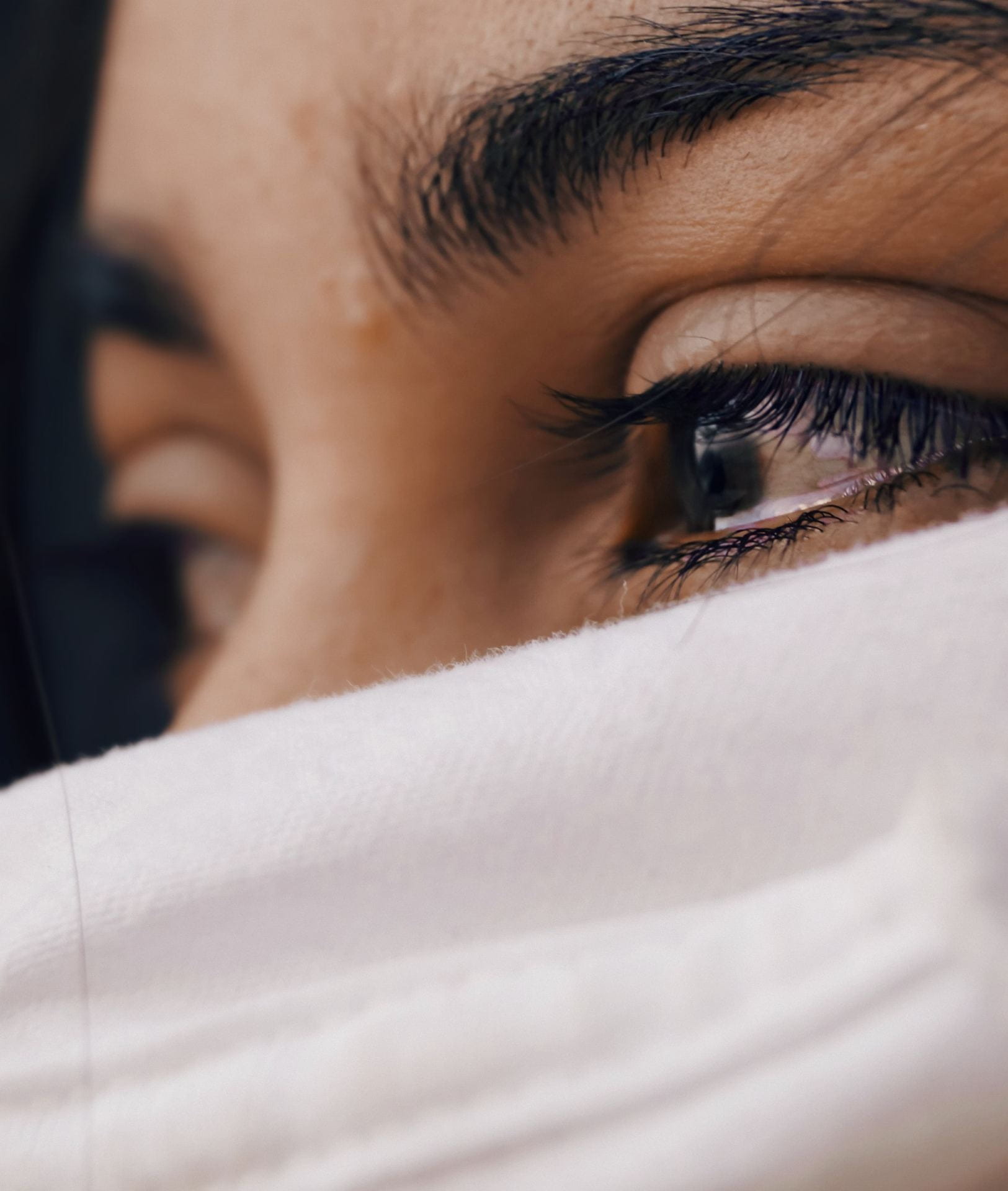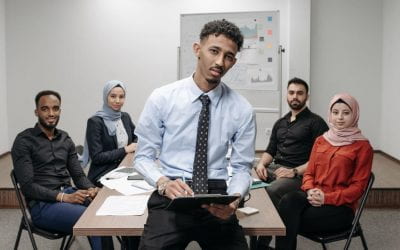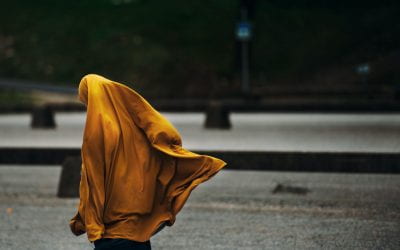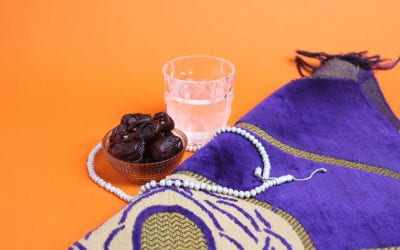Written by Salih Yucel
Latest Articles:
Healing from the Trauma of Domestic Violence: The Missing Links
Domestic violence (DV) exists across the globe affecting women from all walks of life [1]. Post domestic violence, a new challenge emerges about healing oneself from the DV experiences.
The Australian Muslim community is no exception on the issue of domestic violence. There exists a number of support for Muslim women in the process of leaving abusive relationships. However, Muslim women also need to be supported throughout their healing journey.
Women experience rapid and significant changes following domestic violence [2]. Helping them in their healing process spiritually, mentally, and physically is key to them finding the clarity and capacity to reconnect with every aspect of their life.
Healing allows reconciliation of past experiences and bringing closure to those experiences. By shining the light on the darkness of trauma associated with domestic violence, one can grow and become better from something that was once a negative experience.

From an Islamic worldview, healing is associated with the spiritual dimensions of the human being [3]. The relationships between the four key human faculties of the heart (qalb), spirit (ruh), soul (nafs) and intellect (aql), are key to the healing process as they all need to be working in harmony to return a person to their natural disposition (fitrah).
There is no single way, method, or technique that one is able to draw upon to heal from domestic violence. Rather, preliminary research interviews indicate that healing constitutes several different methods, tools and Islamic practices, that work collectively and in harmony.
Healing is about removing the bandages and exposing the wounds that have been covered up, whilst directing towards strategies to heal the underlying wound so that an individual can eventually be mentally healthy and socially functioning at their optimum.
It is about identifying and fusing the different methods, tools and practices to help guide the individual healing journey.
What have preliminary findings found as some methods that have helped women with healing?
There is no single method of healing. However, a combination of factors can help facilitate this journey.
Some strategies include self-care, journal writing, establishing good support networks, seeking help, establishing healthy boundaries, exercise and choosing the right food to nourish the body.
In terms of Islamic worldview strategies, the methods that some women have used have ranged from Dhikr (remembrance of Allah swt), reciting or listening to the Qu’ran, prayer, connecting to Allah (swt), listening to lectures and reading Islamic literature.
Acknowledging that one is not to blame for their DV experiences, and this was never their fault, is also a powerful tool in the healing journey.
*This article was originally published by Carole Mroue in AMUST on August 3, 2021. To view the original article, click here.
About the Author
Carol Mroue is a PhD student at Charles Sturt University under the Centre for Islamic Studies and Civilisation.





0 Comments